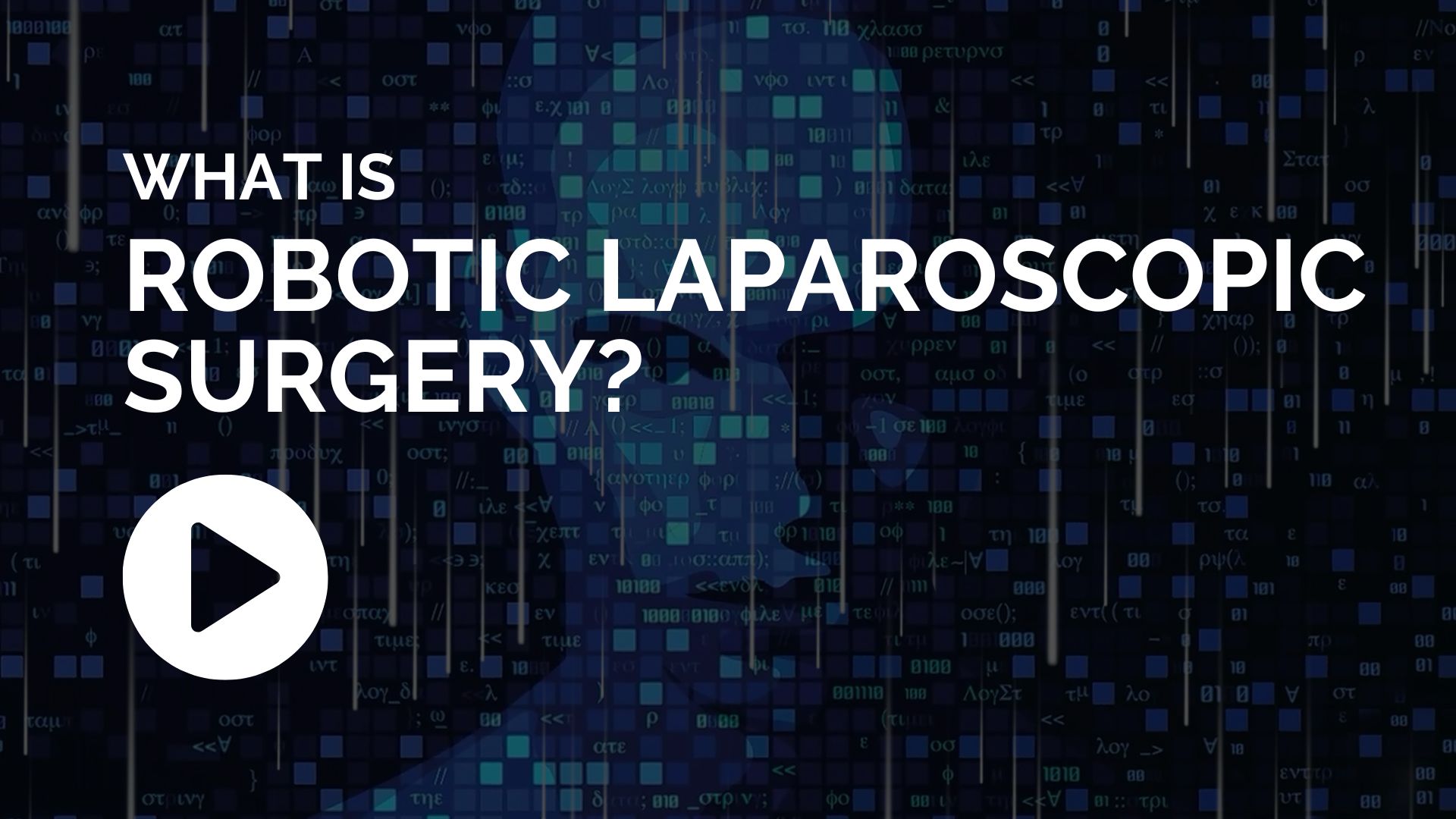Mr Raza is an established robotic keyhole surgeon. He completed his advanced laparoscopic training in 2010 and since has carried out keyhole surgery for a large variety of gynaecological cases.
He then went on to further advance his expertise in the latest innovative robotic keyhole surgery and is a well recognised expert in this field, having performed a record-breaking robotic surgeries in a single day.
